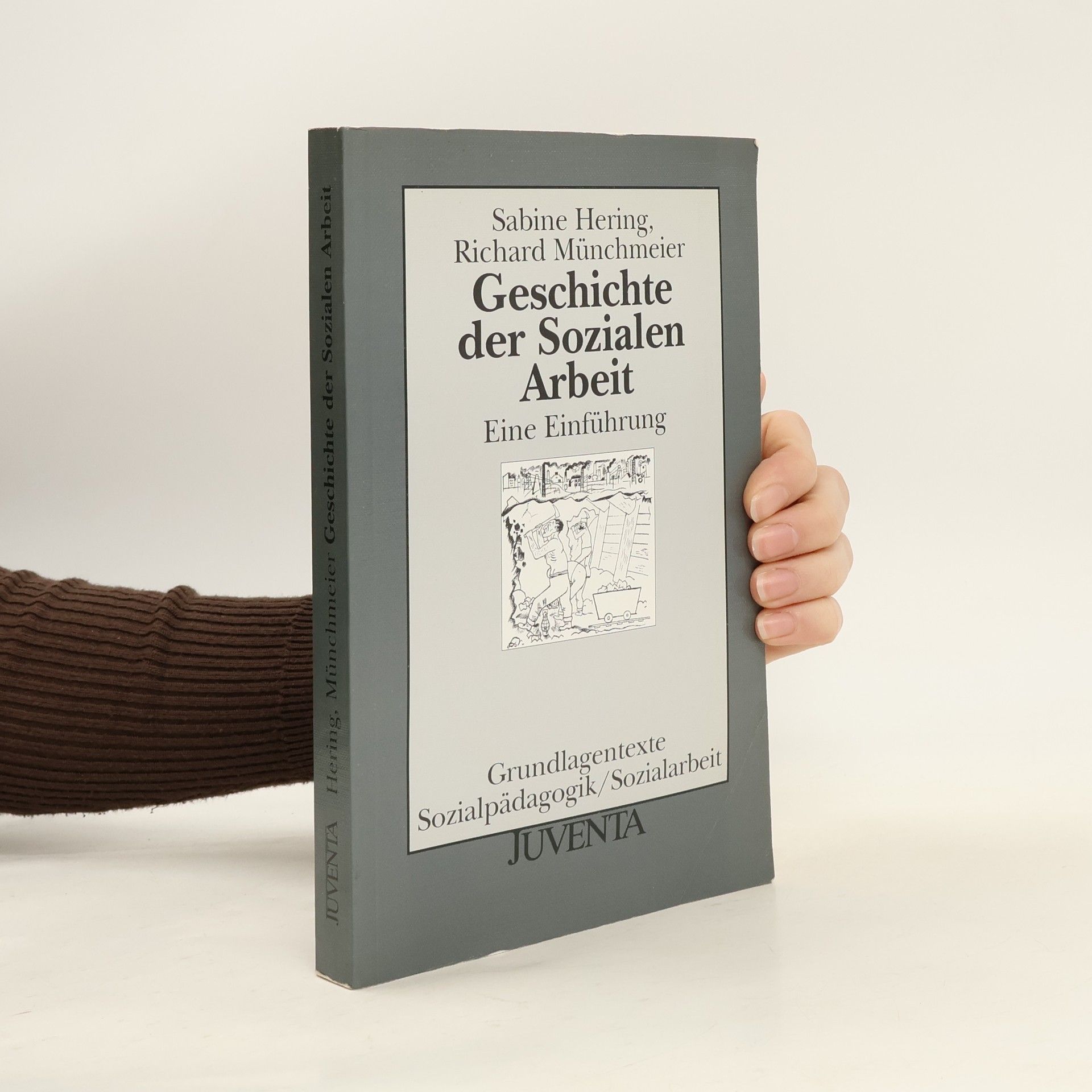Geschichte der sozialen Arbeit
- 288pages
- 11 heures de lecture
Das vorliegende Werk ist bewusst als Studientext und als Nachschlagewerk geschrieben. Es stellt sich der Aufgabe, die Fülle der Ergebnisse historischer Forschung im Bereich Sozialarbeit und Sozialpädagogik zu sichten und übersichtlich und anschaulich darzustellen.


